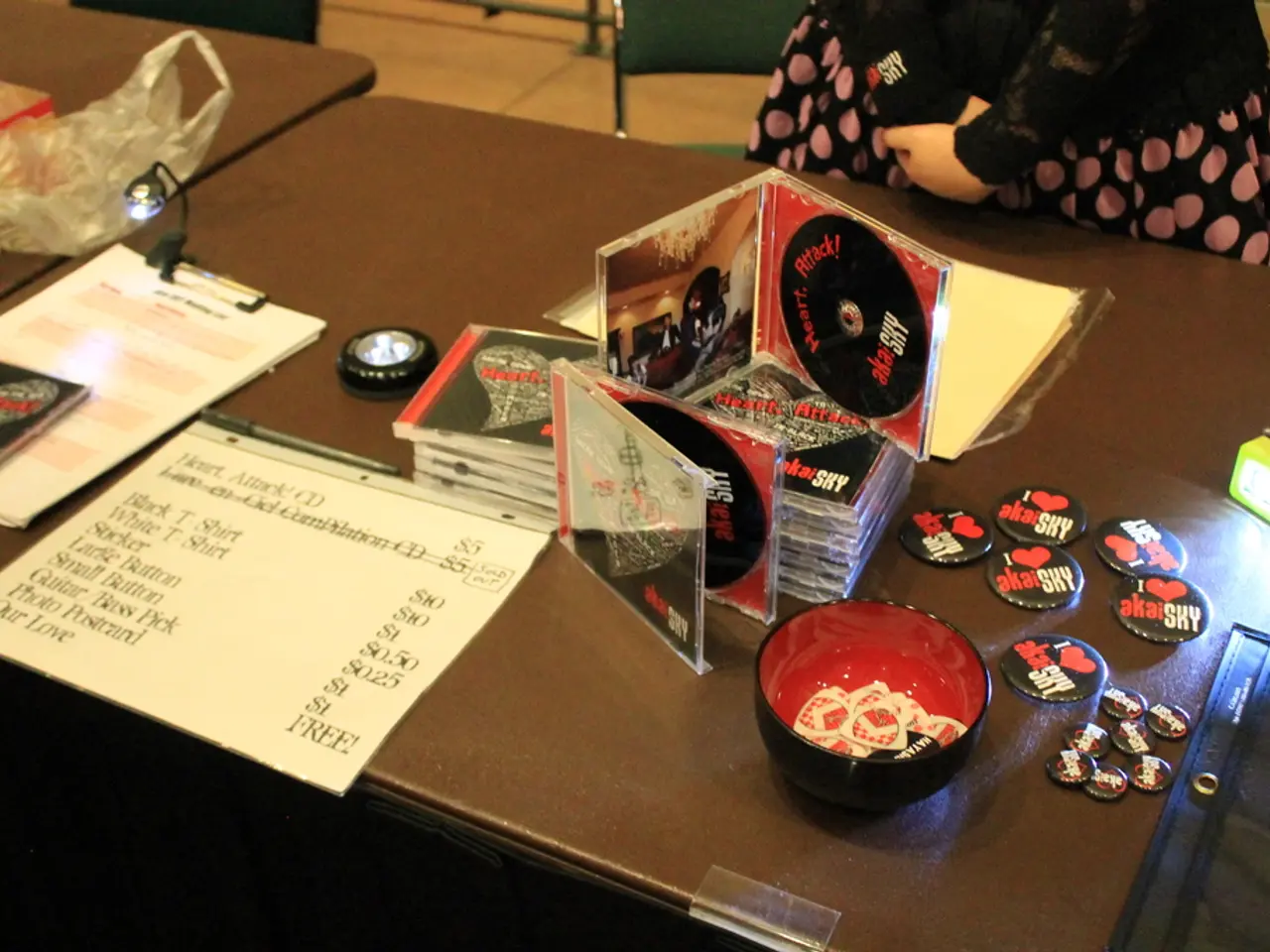Medicare Drug Coverage, Discount Cards, Varieties, andassociated Fiscal Implications
In the complex world of medical insurance, navigating prescription drug costs can be challenging, especially for Medicare beneficiaries. However, there are resources available to help guide you through this maze, such as our Medicare hub.
One question that often arises is whether Medicare patients can use prescription drug discount coupons. The answer is yes, but there are rules to follow to comply with the federal Anti-Kickback Statute (AKS).
According to the AKS, Medicare patients cannot use a drug discount coupon with their prescription drug plan simultaneously. This is because the AKS prohibits offering anything of value to induce business reimbursable by federal healthcare programs, including Medicare.
Key points for Medicare patients using discount coupons:
* The AKS forbids waiving copays or providing drug coupons/rebates that would induce or reward Medicare business, as this could be seen as an illegal kickback to influence drug purchasing reimbursed by the federal program. * It is 100% legal for Medicare patients to use manufacturer coupons or savings cards (such as SingleCare), but they must pay out-of-pocket using the coupon rather than billing Medicare for the copay or full price simultaneously. * Medicare patients cannot apply both their Medicare insurance coverage and a drug coupon to the same prescription transaction without violating the law. * Manufacturers and pharmacies generally cannot waive or reduce Medicare copays as a kickback, nor can coupons be directly applied to reduce Medicare-covered costs. * Patients on Medicare should explore other legitimate options, such as prescription assistance programs from non-profits or manufacturers and tiered formularies that provide alternative lower-cost drugs.
Practical advice for Medicare patients:
* When filling prescriptions, decide whether to use a coupon (paying out-of-pocket) or bill Medicare to ensure compliance with the AKS. * Discuss with your physician or Medicare plan representatives for cost-saving alternatives. * Utilize legitimate patient assistance programs that lawfully help reduce costs without conflicting with AKS.
Violations of the Anti-Kickback Statute can lead to severe penalties, including criminal charges, fines, and exclusion from Medicare programs.
It's essential to remember that using a coupon without Medicare might make the drug more affordable than it would be with plan coverage in some cases. Therefore, when deciding whether to use a coupon or Medicare coverage, a person should compare the coupon prices with their Medicare Part D plan's formulary to determine which is cheaper.
A person may get a generic version of a drug through their Medicare plan that is cheaper than the cost of the brand-name medication, even with a coupon. Also, certain pharmacies, including mail-order pharmacies, may offer better pricing to people with Medicare coverage.
As of 2025, under Medicare Part D, a person will never pay more than $2,000 a year out-of-pocket for drugs. In 2026, this cap will increase to $2,100. Additionally, the Medicare coverage gap discount program allows pharmaceutical companies to provide lawful discounts on drugs for people enrolled in Medicare Part D.
A person may qualify for Extra Help, a program specifically designed to help Medicare enrollees with drug costs. To be eligible for Extra Help, a person must be enrolled in Medicare and have limited income and assets. In some states, patient assistance programs (PAPs) may be available to Medicare Part D enrollees with limited incomes, offering free medications or financial assistance.
- In the realm of health-and-wellness, pharmacy coupons can be useful for Medicare beneficiaries, but they must adhere to the guidelines outlined by the federal Anti-Kickback Statute (AKS).
- Saving on prescription drugs through coupons is legal for Medicare patients, but billing Medicare and using a coupon simultaneously is not, as it violates the AKS.
- Shoppers can utilize manufacturer coupons or savings cards, like SingleCare, to reduce their out-of-pocket expenses, but they cannot apply them alongside their Medicare insurance coverage for the same prescription.
- Pharmacy providers cannot waive or reduce Medicare copays as a kickback, nor can coupons be applied to Medicare-covered costs directly under the federal Anti-Kickback Statute.
- To legally help reduce drug costs for Medicare patients, one can explore assistance programs from non-profit organizations, pharmaceutical companies, or take advantage of tiered formularies that provide lower-cost alternatives.




